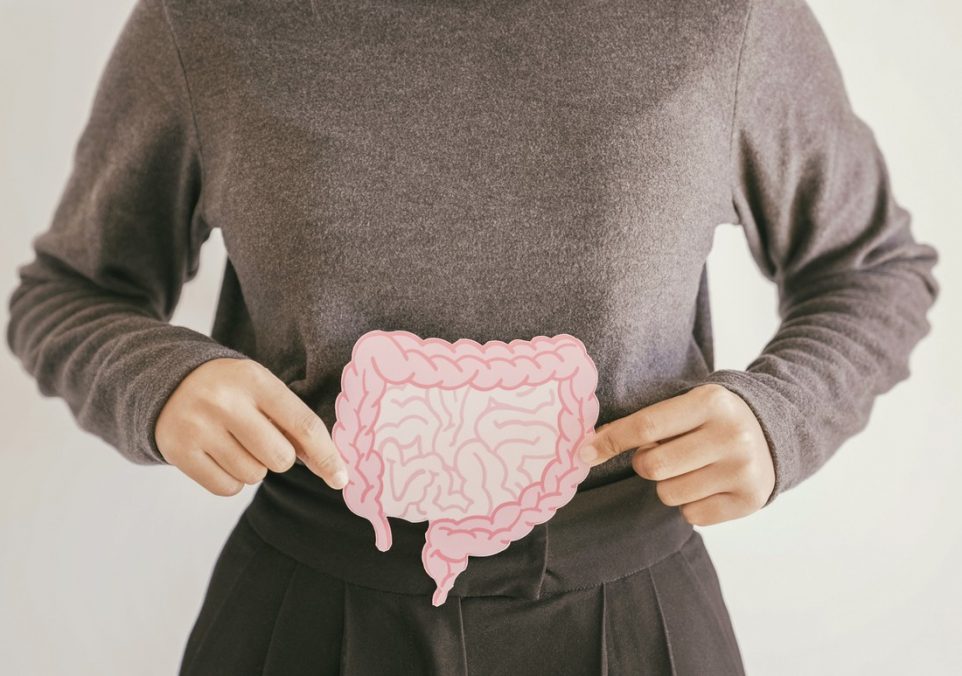Gut Health 101: Does Protein Make You Constipated?

one of the most common concerns I hear from clients and gym-goers is whether consuming a high-protein diet can lead to constipation. It’s a valid question, especially considering the popularity of protein-rich diets in fitness circles. The connection between protein intake and gut health isn’t just a matter of digestion; it involves a nuanced understanding of dietary balance, hydration, and lifestyle. Let’s explore this topic to see if protein really does make you constipated and how you can maintain both your muscle gains and digestive health.
Understanding Protein and Digestion
Protein is a critical macronutrient in building and repairing tissues, producing enzymes and hormones, and supporting overall health. However, its impact on digestion is less straightforward. Typically, high-protein diets are heavily meat-based, focusing on poultry, beef, fish, and dairy products. These foods are necessary for muscle building but are low in fiber, which is essential for regular bowel movements.
The Role of Fiber in Preventing Constipation
Fiber plays a key role in gut health by adding bulk to the stool and facilitating its passage through the digestive system. A lack of fiber in the diet can slow down digestive transit, leading to constipation. This is often the case in high-protein diets that neglect sufficient vegetable, fruit, and whole grain intake. It’s not necessarily the protein itself causing constipation, but rather an imbalance in the diet that underemphasizes fiber-rich foods.
Hydration: The Often Overlooked Factor
Protein metabolism generates nitrogen waste that is excreted in urine as urea. This process requires plenty of water. If you’re increasing your protein intake, it’s crucial also to increase your water consumption to help manage the additional waste. Dehydration is a common issue in high-protein diets, and insufficient water intake can exacerbate constipation.
Balancing Your Diet for Optimal Gut Health
To mitigate the constipating effects of a high-protein diet, here are some strategies I recommend:
- Increase Fiber Intake: Incorporate a variety of fiber-rich foods such as leafy greens, legumes, fruits, and whole grains. These not only provide the necessary fiber to promote regular bowel movements but also include a range of nutrients that support overall health.
- Stay Hydrated: Aim for at least 8-10 glasses of water a day, more if you are active or live in a hot climate. Keeping well-hydrated helps soften stool and supports the kidneys in processing protein waste.
- Consider Protein Sources: While meats are excellent protein sources, integrating plant-based proteins like quinoa, beans, lentils, and tofu can offer both protein and fiber, enhancing gut motility.
- Probiotics Can Help: Incorporating fermented foods like yogurt, kefir, sauerkraut, and kombucha or taking a probiotic supplement can support digestive health by maintaining a healthy gut microbiota, which can be affected by diet changes.
When to Be Concerned
If adjusting your fiber and water intake doesn’t relieve your constipation, it’s essential to consult with a healthcare provider. Persistent constipation can sometimes be a symptom of more serious underlying conditions.
Real Experiences and Studies
In my practice, I’ve observed clients who initially struggled with constipation when switching to a high-protein diet. However, with dietary adjustments focusing on fiber and hydration, they were able to maintain their protein levels without discomfort. Moreover, studies have shown that dietary balance plays a pivotal role in gut health outcomes. It’s about finding the right balance that works for your body’s needs.
Building a Stronger You
Supplement Institute is the fruit of extensive online publishing experience, spanning the breadth of SEO strategies to the nuances of paid advertisements. Our journey, marked by significant achievements and learning moments, inspires our core mission: to empower our readers with an abundance of information. By sharing insights and key learnings, we aim to provide you with the knowledge needed to navigate the complex world of supplements, helping you make well-informed decisions for your health and well-being. Welcome to Supplement Institute, where information is your greatest supplement.